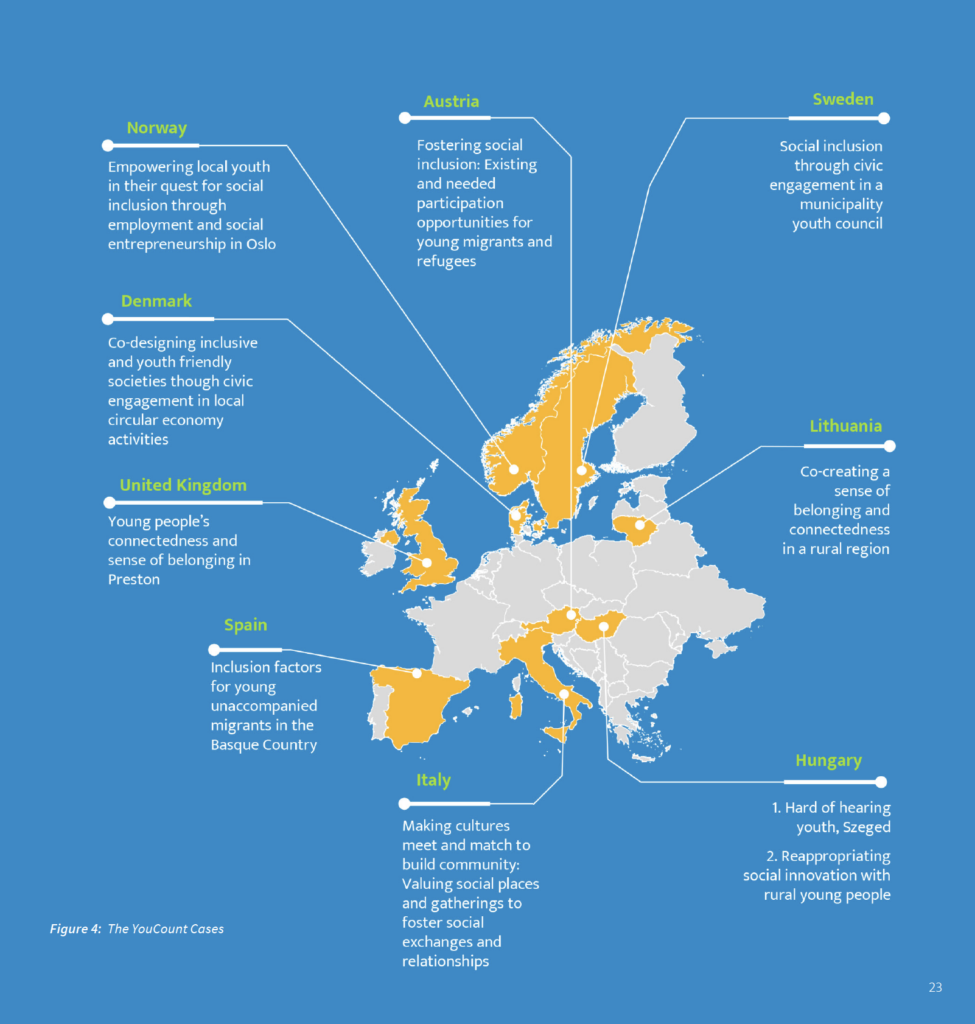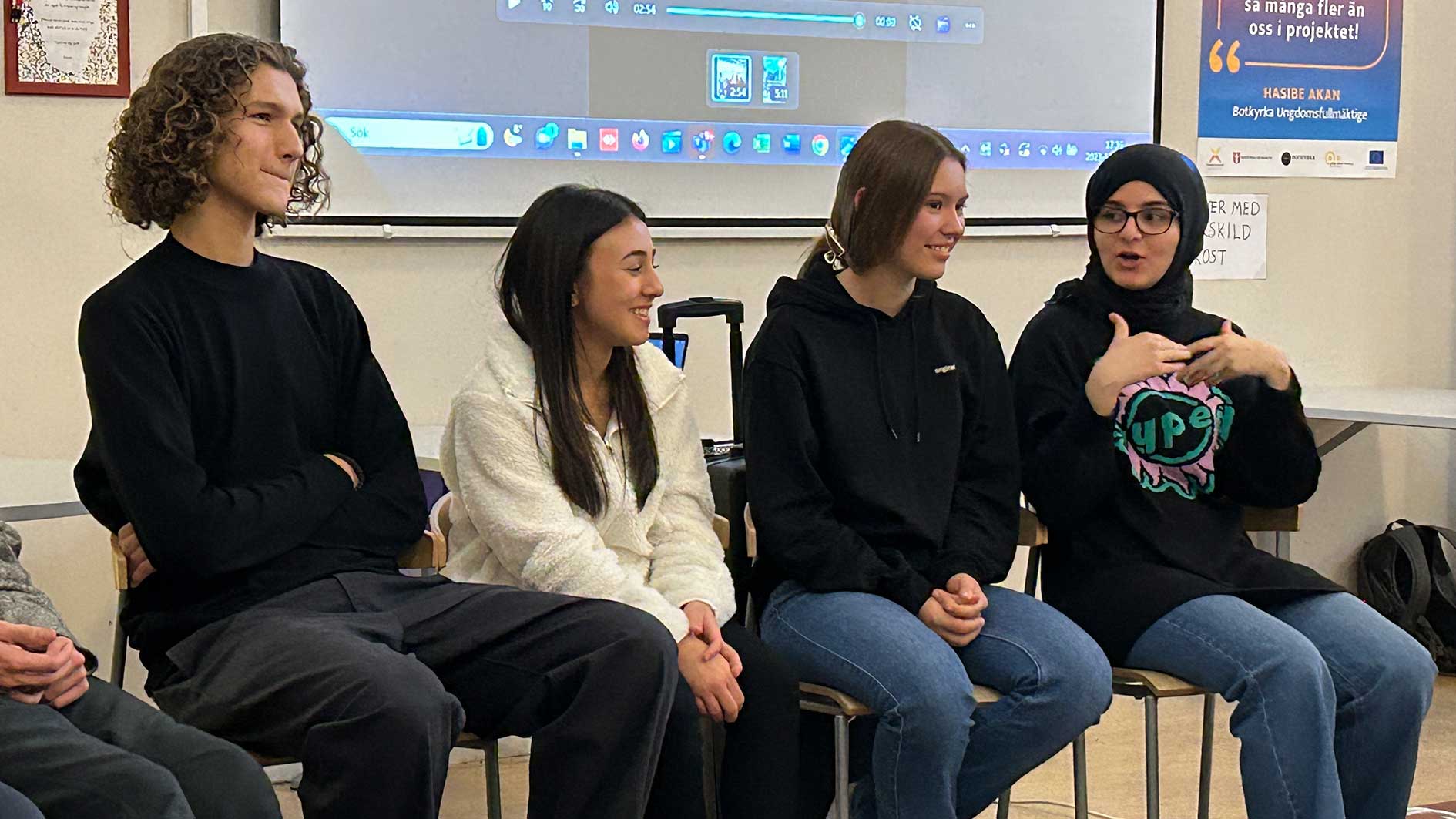Ten case studies, nine countries, three years, and a wealth of lessons learned. The citizen science project YouCount draws to an end with a collective sense of having explored new collaborative terrain and new formats to enhance young people’s participation in society. VA (Public & Science) has been involved in producing a handbook containing insights from the project.
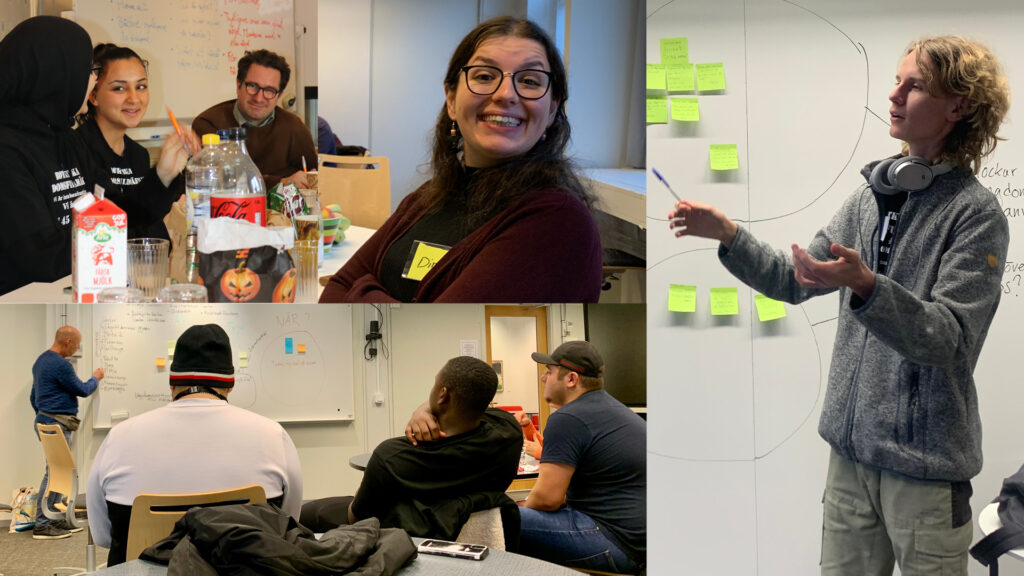
For three years, young people and researchers in nine European countries have been collaborating the EU Horizon 2020 project YouCount, with the common goal of exploring new ways to enhance young people’s participation in society. Each case study has worked with different groups of young people facing various social challenges. In the Swedish ‘case’ the Botkyrka Youth Council, BUF, collaborated with VA and researchers from Södertörn University to investigate the obstacles that young people in Botkyrka face in their everyday lives, and how BUF and other civil society organisations can contribute to strengthening young people’s participation in society.
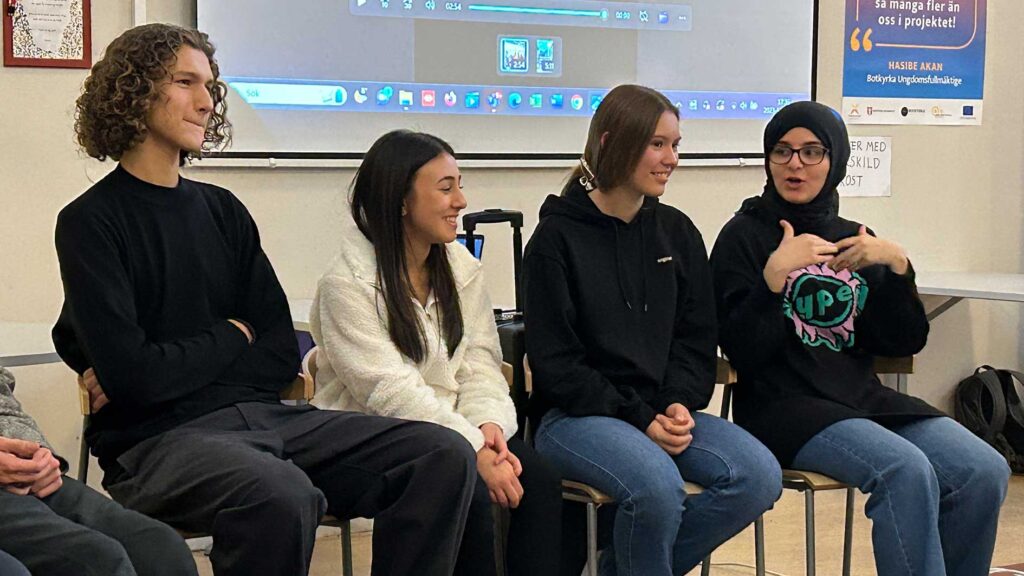
”What sets YouCount apart from many other citizen science projects is, firstly, that it deals with social science, not natural science, and secondly, that the same group of young people has been involved in every phase of the research process. Often, the co-researchers are ’only’ involved as data collectors or sensors, but in YouCount, young people have been involved in formulating our research questions, designing methods for data collection and subsequently, carrying it out, analysing the data we’ve gathered, and eventually communicating and attempting to apply the results to bring about change. It’s an incredibly exciting but also time-consuming and challenging approach,” said David Borgström, a Project & Communications Manager at VA (Public & Science), who has been managing the project.
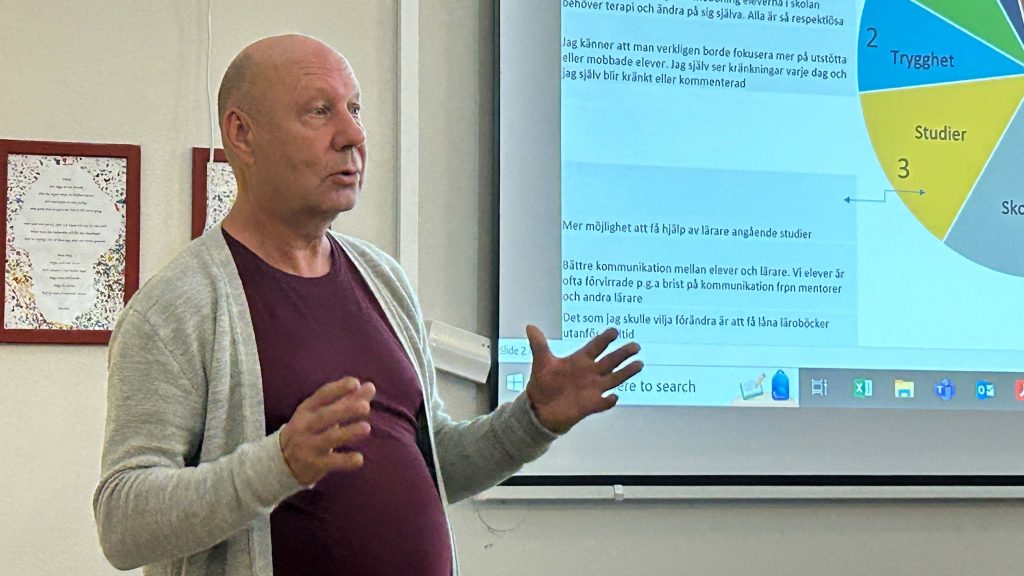
Insights that can lead to new initiatives
The work in the ten case studies has been ongoing since the beginning of 2022, primarily through co-creation workshops, but also by inviting decision-makers and other stakeholders from the local community to discuss the results and explore opportunities for implementation and change. Botkyrka Youth Council has now been invited to further meetings with local politicians to continue the discussions, and there are already plans for new projects and initiatives, based on the lessons learned from YouCount.
”One insight from our Swedish case study is the importance of interaction between young people and the adult community. Young people need adults in their lives who are neither parents nor teachers, but such opportunities for interaction are lacking in Botkyrka today, and it is likely a similar situation in other places in Sweden. It would be exciting to explore ways to strengthen these opportunities for interaction,” reflected David Borgström.
”We have gained a completely new understanding of how research works, that researchers are ordinary people, and that research is easier than you think, and is something I myself can do in the future.”
Hasibe Akan, member of Botkyrka Youth Council
At the final project meeting at Botkyrka Town Hall on 3 February, the BUF youth received certificates for their participation in YouCount, and the project group together reflected on their experiences during the project.
”We have gained greater insight into the actual obstacles faced by youth in Botkyrka. It’s crucial for us to represent them effectively. But we’ve also gained a completely new understanding of how research works, that researchers are ordinary people, and that research is easier than you think, and is something I myself can do in the future,” said Hasibe Akan, member of Botkyrka Youth Council.
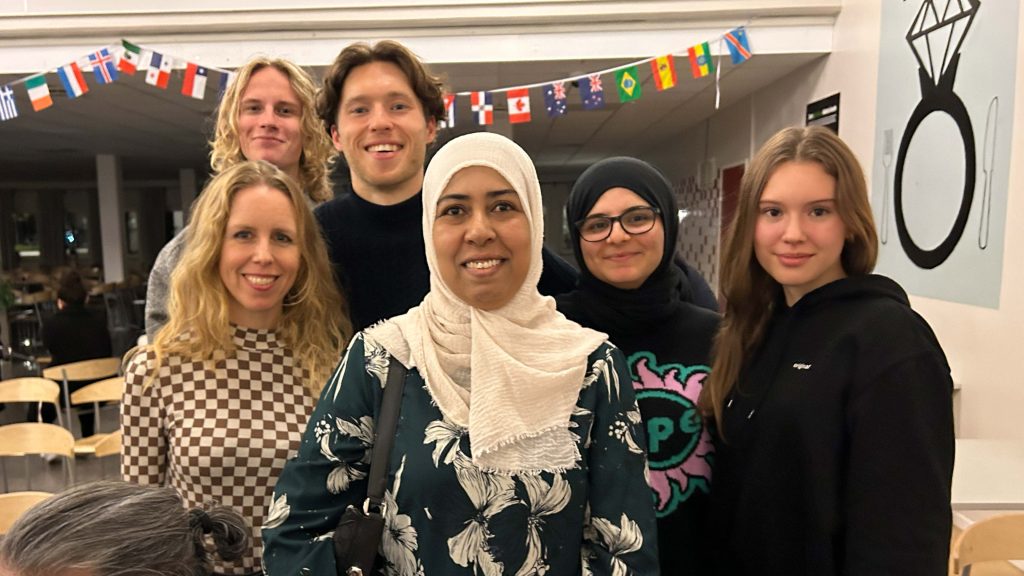
Handbook with lessons learned and tips
Citizen science is now an established research approach, but it is still primarily associated with the natural sciences. Citizen social science is a relatively young and emerging field.
”What distinguishes citizen social science is the use of citizen science methods, with researchers and citizens working together to produce new knowledge, but with a focus on societal issues and social phenomena, and the application of social science methodologies and theories. Instead of taking pictures of plants or birds, for example, we discuss social exclusion and inclusion among young people. This naturally leads to differences in focus and leadership, the roles of researchers and young people, a co-creation approach, and also ethical considerations,” explained David Borgström.
As a contribution to the development of the field, VA acted as editor and co-author of a handbook based on the work carried out in YouCount. The handbook is aimed at practitioners, academics, decision-makers, youth organisations, and others who are curious about social science and participatory citizen science, or who want to learn more about how to work with young people and local communities to achieve social change.
”There are many handbooks and guides on citizen science, but few that focus on citizen social science, and probably none that focus on qualitative methods and young people, so our handbook is unique,” said David Borgström, editor and co-author of the handbook.
The handbook is titled ”Handbook of Youth Citizen Social Science – Working with Young People and the Local Community for Social Change” and can be downloaded for free here.
”Just like the project as a whole, the handbook was an exercise in co-creation and collaboration. We have been a large group of authors and editors working together, and I believe and hope that others can learn from our successes and pitfalls. I have already heard that the handbook has reached researchers in a project on ecological restoration in Chile. This is great to hear,” concluded David Borgström.
